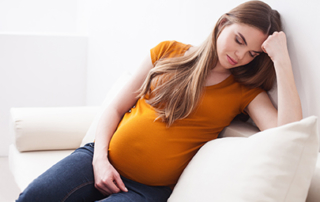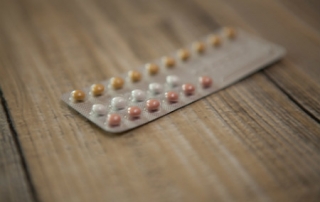Research from the CWMH: Duloxetine for Menopausal Symptoms
A substantial proportion of women transitioning into menopause experience a new onset or recurrence of depressive symptoms. A new study from the Center for Women’s Mental Health indicates that duloxetine (Cymbalta) is effective for the treatment of depression and may also have a beneficial effect on vasomotor symptoms (hot flashes and night sweats).








